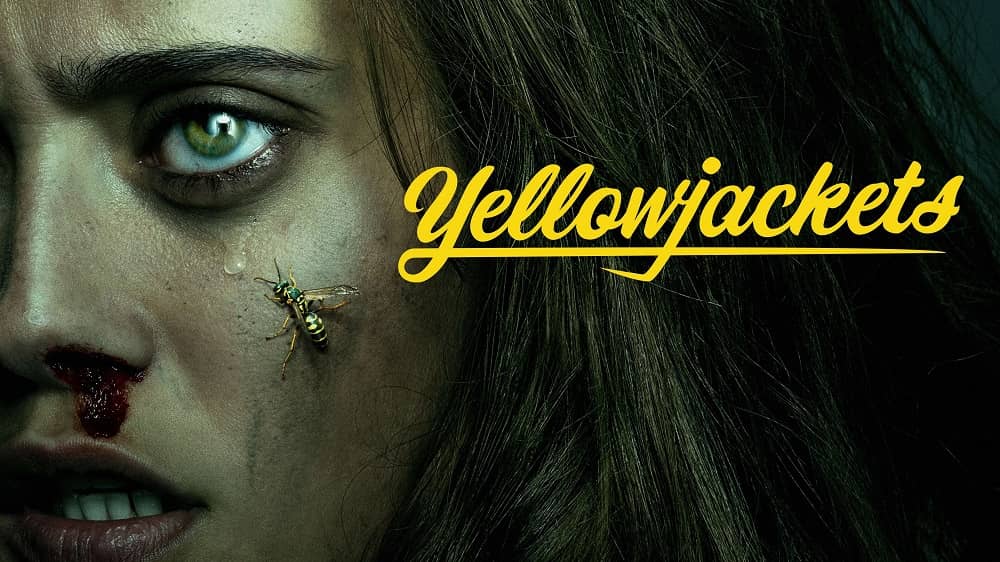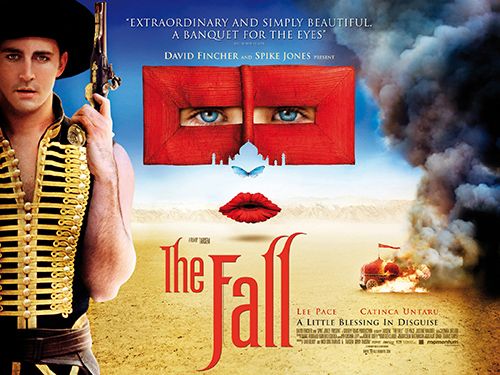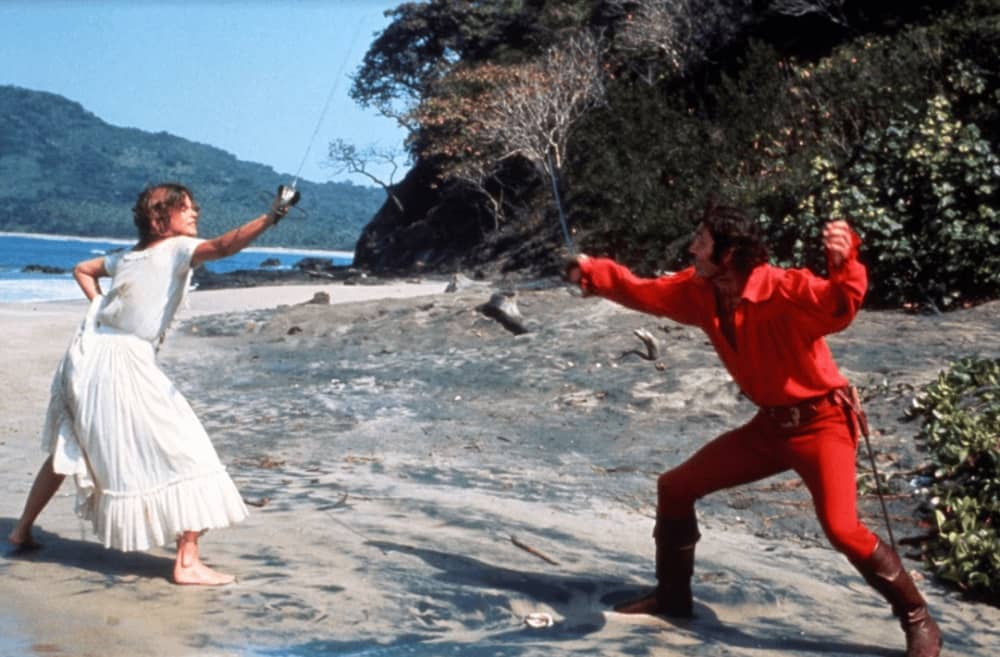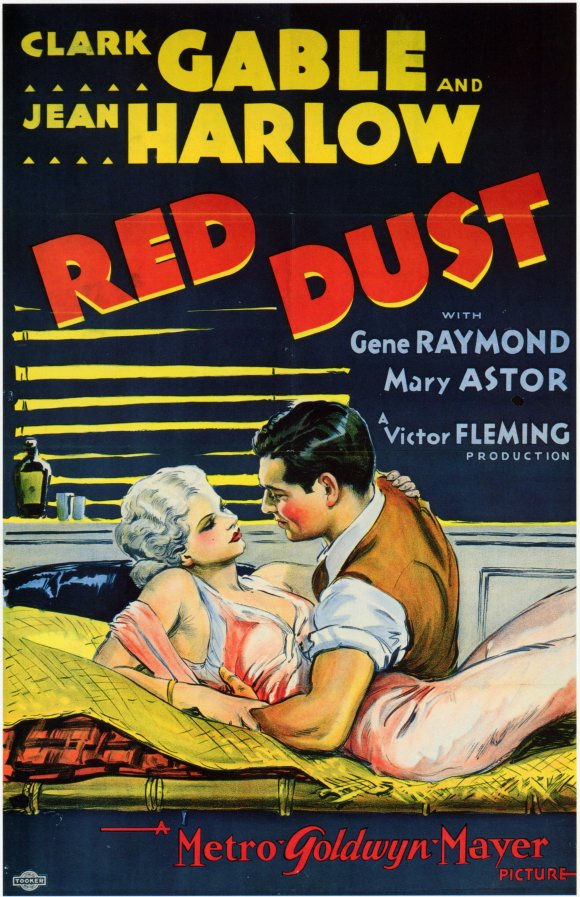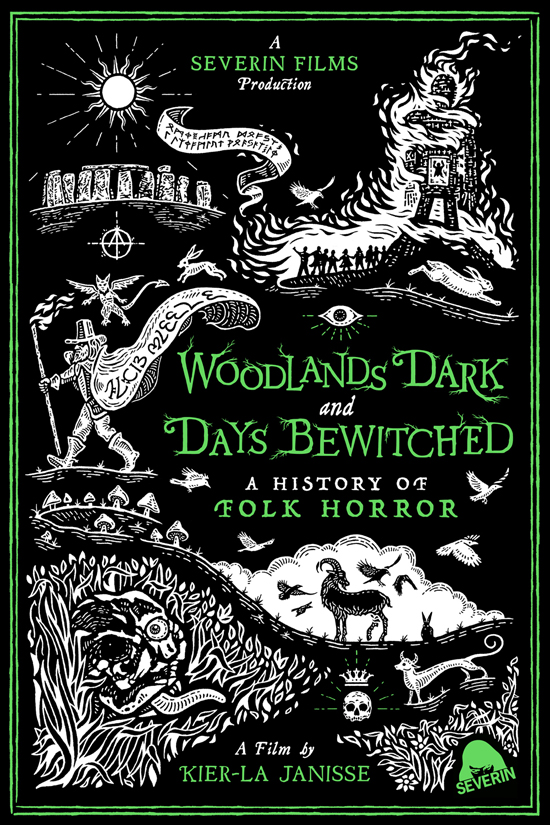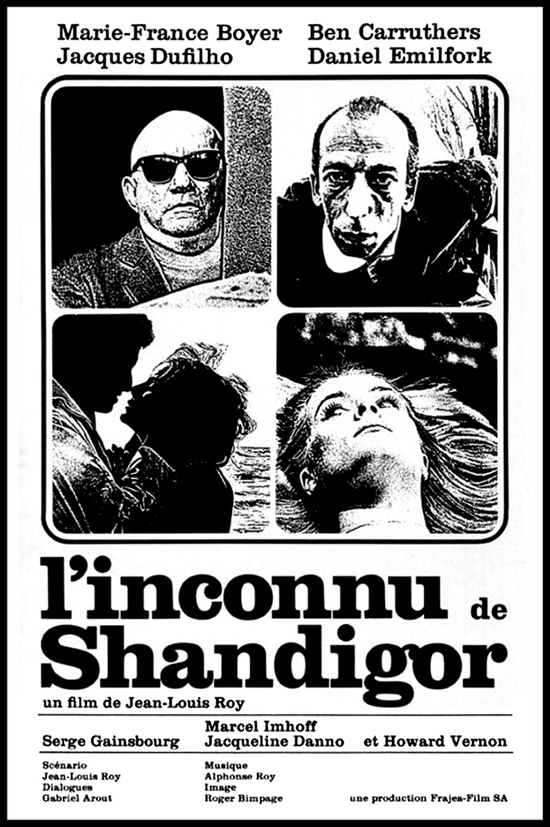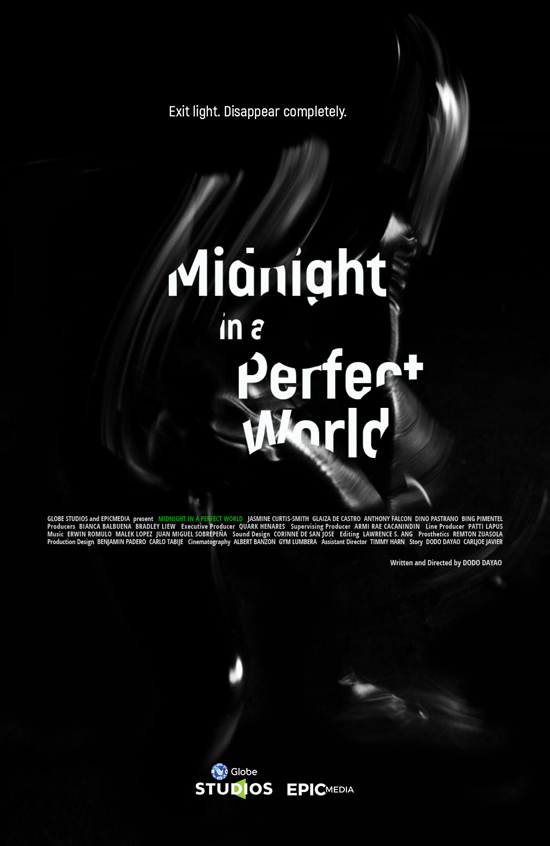 “Aquatic Bird” is an 18-minute short film from Chinese writer-director Zhang Nan. It weaves together the stories of three interrelated characters — a prostitute (Bird), a man who admires her from a distance (Aqua), and one of her regular clients. The first two are brought together by the light of a green laser pointer; there is a lot of surrealism in this film. It looks very nice, and the script’s very taut — but given the weirdness of the film, I wonder if maybe a bit too taut. To the extent I was able to follow it, the structure worked and built to a solid conclusion. But there’s a lot I did not understand, notably the use of a dream scene, and a peculiar egg of surprising plot significance.
“Aquatic Bird” is an 18-minute short film from Chinese writer-director Zhang Nan. It weaves together the stories of three interrelated characters — a prostitute (Bird), a man who admires her from a distance (Aqua), and one of her regular clients. The first two are brought together by the light of a green laser pointer; there is a lot of surrealism in this film. It looks very nice, and the script’s very taut — but given the weirdness of the film, I wonder if maybe a bit too taut. To the extent I was able to follow it, the structure worked and built to a solid conclusion. But there’s a lot I did not understand, notably the use of a dream scene, and a peculiar egg of surprising plot significance.
Bundled with it was Midnight In A Perfect World, from the Philippines. Directed by Dodo Dayao, who co-wrote the script with Carljoe Javier, the feature takes place in a near-future Manila where infrastructure’s been upgraded to near-utopian levels. But there are strange blackouts that hit parts of the city after midnight, and you must not be caught out in those places at those times. People disappear, leaving behind only wild rumours about what’s happened to them. Luckily there are safehouses, in which one can take shelter. But there are stories about the dangers of those safehouses, too. The movie follows a group of young friends caught in one blackout, and follow them as they take refuge in a safehouse — then find out one of the group didn’t make it inside.
The first thing to say about this movie is that it captures a striking note of cosmic terror, with a strong inflection of the New Weird (there’s an interesting interview where Dayao mentions being influenced by China Miéville). There are science fiction influences here, certainly, but not in the form of clearly-defined technologies operating in an easily knowable world. Dayao’s said that he worked out the reasons beyond all the unreal elements in the story, but chose not to include them in expository lumps at the expense of breaking up the flow of a scene. In part because of that, the film creates a world which we believe is operating according to rules, however alien, but rules which may be beyond understanding. It’s a little like Lovecraft by way of Laird Barron.
…
Read More Read More

